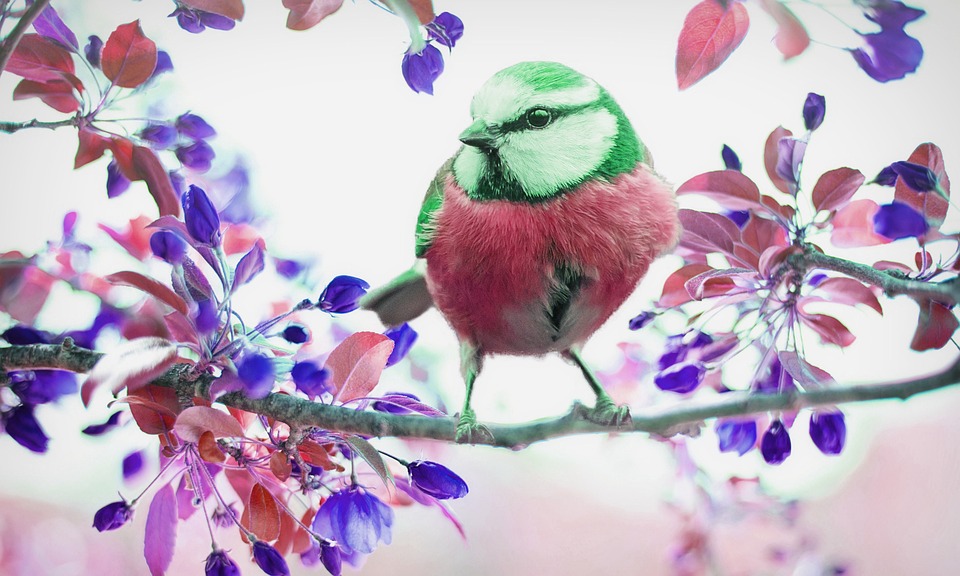Parrots are known for their vibrant colors, intelligence, and ability to mimic human speech. However, one aspect of their behavior that often surprises and delights bird enthusiasts is their response to music. In this article, we will explore the intriguing relationship between parrots and music, uncovering the reasons behind their behavior and providing valuable insights for parrot owners and music lovers alike.
Parrots possess a natural inclination towards rhythm and melody, much like humans. Their ability to synchronize their movements with music is evidence of their innate appreciation for these auditory stimuli. Studies have shown that parrots have a heightened sensitivity to rhythmic patterns, enabling them to bob their heads, dance, or even mimic the beat with their vocalizations.
Parrots are renowned for their exceptional vocal mimicry skills, and music provides them with a perfect opportunity to showcase their talent. They can imitate various musical instruments, including whistling tunes, mimicking the sound of guitars or pianos, or even replicating complex melodies. This ability stems from their remarkable vocal flexibility and cognitive capabilities, allowing them to accurately reproduce the sounds they hear.
Parrots, like humans, can experience an emotional response to music. Certain melodies or genres can evoke feelings of happiness, excitement, or even calmness in these intelligent birds. Observing a parrot swaying or bobbing its head to a particular tune is not merely a physical response but also an indication of the emotional connection they feel towards the music.
Parrot behavior and response to music can be influenced by their environment. If they have grown up in a household where music is frequently played, they are more likely to respond positively to it. Similarly, parrots may develop preferences for specific genres or songs based on the music they have been exposed to during their early development.
Now, let’s address some frequently asked questions about the relationship between parrots and music:
Q1. Can all parrot species appreciate and respond to music? Yes, most parrot species have the ability to appreciate and respond to music. However, the extent of their response may vary depending on individual temperament and exposure to music.
Q2. Can playing music have a positive impact on a parrot’s well-being? Yes, playing music can have a positive impact on a parrot’s well-being. It can provide mental stimulation, reduce stress, and enhance their overall quality of life. However, it is essential to choose music that is not too loud or overwhelming for the bird.
Q3. Are there any specific genres of music that parrots prefer? Parrots do not have a universal preference for a particular genre of music. However, studies have shown that they often respond favorably to classical music, specifically pieces with distinct melodies and harmonies.
Q4. Can parrots distinguish between different musical instruments? Parrots have the remarkable ability to distinguish between various musical instruments. They can imitate the sounds of specific instruments and may display different responses depending on the instrument being played.
Q5. Can playing music help in training or teaching parrots? Yes, music can be used as an effective tool in training and teaching parrots. By associating specific tunes or melodies with desired behaviors, parrot owners can reinforce positive actions and facilitate the learning process.
In conclusion, the relationship between parrots and music is a captivating phenomenon that highlights the intricate nature of these intelligent birds. Their inherent love for rhythm, vocal mimicry skills, emotional responses, and environmental influences all contribute to their unique behavior and response to music. By understanding and appreciating this fascinating connection, parrot owners can enhance their companions’ well-being and enjoy delightful moments of shared musical experiences with their feathered friends.









